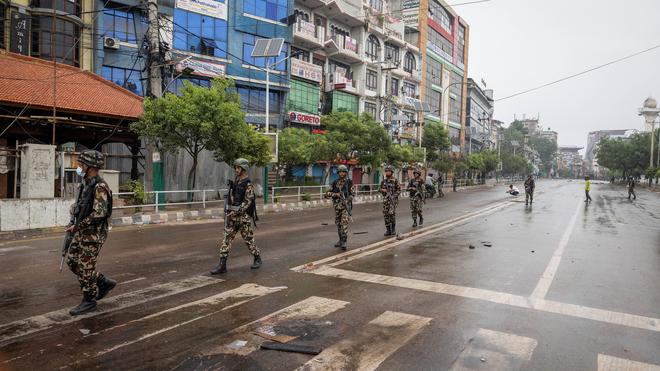Nepal’s political crisis has deepened as leaders failed to reach an agreement on appointing an interim Prime Minister, even as the death toll from recent unrest climbed to 30.
Talks between major political parties stretched late into the night but ended without a breakthrough. Disagreements remain over who should lead a transitional government tasked with restoring stability and preparing the ground for fresh elections.
Meanwhile, the humanitarian situation continues to deteriorate. Officials confirmed that at least 30 people have now lost their lives in the violence and chaos that followed the resignation of former Prime Minister K.P. Sharma Oli. Hospitals in Kathmandu and surrounding districts are struggling to cope with the influx of injured, while families of the victims have demanded justice and accountability.
President Ram Chandra Paudel has urged political actors to put aside partisan interests and work together to end the deadlock. He reiterated that the safety of citizens must remain the highest priority, calling on all sides to exercise restraint.
The Nepalese Army and police remain deployed across key areas to prevent further escalation, but reports of clashes and unrest continue to emerge from several districts.
Observers warn that prolonged instability could further weaken Nepal’s fragile economy and democratic institutions, adding urgency to the search for a consensus candidate who can lead the country through this volatile phase.

